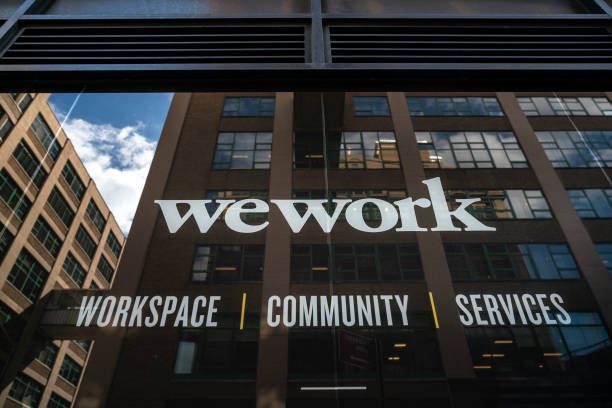WeWork Finds ‘Material Weakness’ and Will Restate Results of SPAC Sponsor
By Nicholas Rizzi December 2, 2021 12:02 pm
reprints
Coworking giant WeWork’s second chance at going public hit a stumbling block Wednesday.
The company found “material weakness” in special purpose acquisition company (SPAC) sponsor BowX Acquisition Corp.’s internal control after it discovered the sponsor misclassified its public shares when WeWork went public. WeWork will therefore have to restate its results for 2020 and the first three quarters of 2021, according to a regulatory filing.
“WeWork’s plans to restate the financial statements of its predecessor, BowX, are unrelated to WeWork’s current operations and WeWork’s financial statements,” a spokesperson for WeWork said in a statement. “The ‘material weakness’ referenced in the filing today existed at BowX and does not carry over to WeWork.”
BowX could not immediately be reached for comment.
The disclosure sent WeWork’s stock down 5 percent in after-hours trading on Wednesday. WeWork’s shares opened at $8.11 on Thursday, about a 21 percent drop from its late October debut.
WeWork said the discrepancy came from it categorizing a portion of its public shares as permanent equity, but they had “certain redemption features not solely within the company’s control,” which means they should be temporary equity, the filing says.
The coworking company has had a tumultuous journey going public after its attempt to do so in 2019 through the more traditional initial public offering (IPO) process led to questions over conflicts of interest involving its former CEO, Adam Neumann, and concerns over its cash-burning business model. Neumann resigned later that year and WeWork ditched the IPO plans.
Its goal of going public returned earlier this year when it announced it would merge with BowX at a $9 billion valuation that would give WeWork a $1.3 billion cash infusion. WeWork debuted on Oct. 21 under the ticker symbol WE.
WeWork isn’t the only SPAC to have to restate its results, with about 86 percent of them needing to do so over a different account error, Bloomberg reported. And more could be on the way.
The Securities and Exchange Commission (SEC) told SPACs earlier this month to restate their financial results after they didn’t properly follow accounting rules to classify certain shares, which some firms thought would be a small error that would be corrected in a future financial statement, Bloomberg reported.
While SPACs were the darling of 2020, some investors and firms have started to sour on them as the SEC increases its scrutiny of them and some startups turn down merger offers, The Wall Street Journal reported. They’ve also been hit with a growing number of class-action lawsuits from investors accusing them of inflating stock prices, as CNBC reported.
Nicholas Rizzi can be reached at nrizzi@commercialobserver.com.



